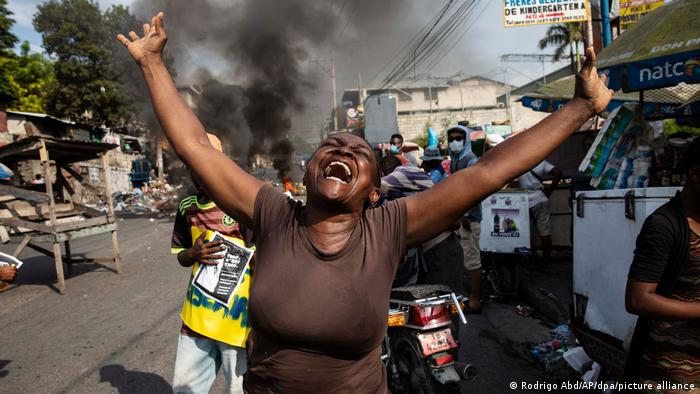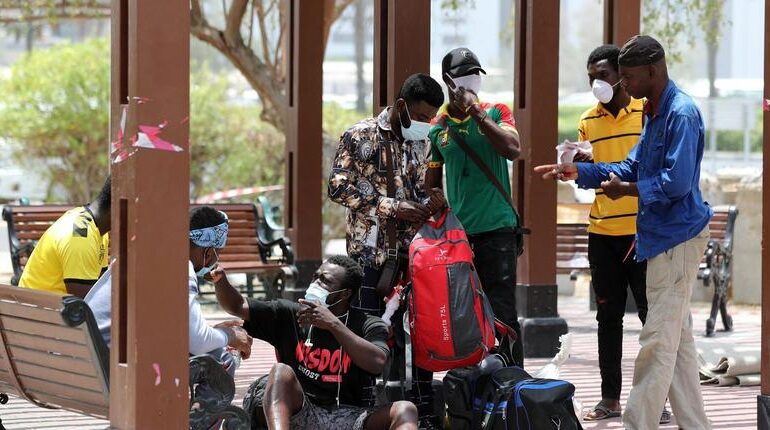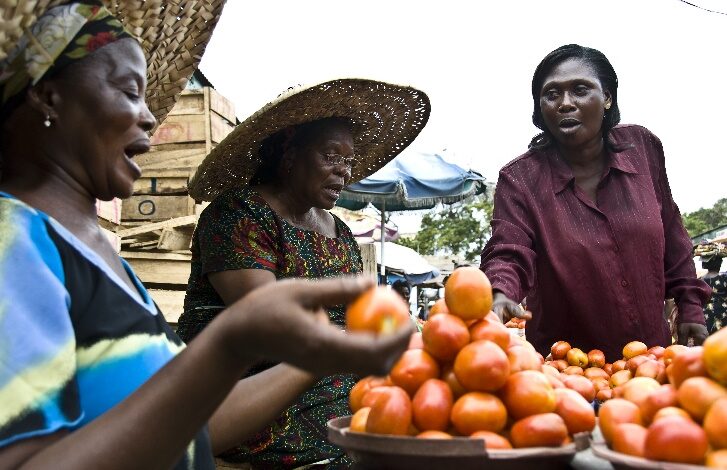
Avellon Williams
TRINIDAD AND TOBAGO – According to a new International Labour Organization (ILO) report on current trends, job vacancies will decline and global employment growth will deteriorate significantly in the final quarter of 2022.
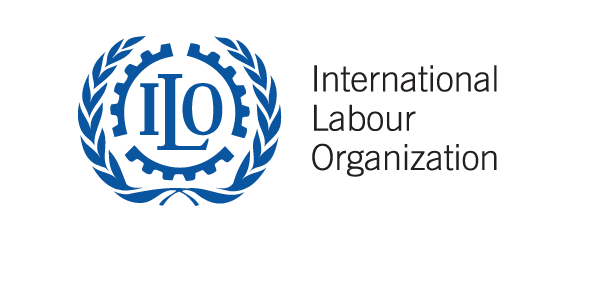
Many countries are experiencing a decline in real wages due to rising inflation. As a result of the COVID-19 crisis, incomes have dropped significantly in many countries, particularly among low-income groups.
ILO’s World of Work Monitor 10th edition, finds that worsening labour market conditions are affecting employment creation and job quality, pointing out that “data suggest that a sharp labourmarket slowdown is already underway.”
As a result of increasing labour market inequalities, developed and developing economies will continue to diverge.

“A strong commitment is needed to programs such as the UN Global Accelerator on Jobs and Social Protection, which would create 400 million jobs and extend social protection to four billion unprotected people.” Gilbert F. Houngbo, ILO director-general.
As noted by the Monitor, “multiple and overlapping crises have materialized over 2022, compounded by the war in Ukraine and negative spillover effects.”
The effects are being felt in developing countries through food and energy inflation, declining real wages, growing inequality, shrinking policy options, and higher debt. Uncertainty and worsening expectations will also affect hiring if economic growth and aggregate demand slow.
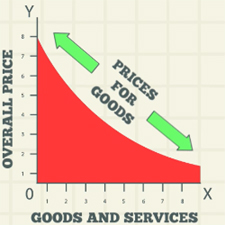
“Tackling this deeply worrying global employment situation, and preventing a significant global labour market downturn, will require comprehensive, integrated and balanced policies both nationally and globally,” said ILO director-general, Gilbert F. Houngbo.
“We need the implementation of a broad set of policy tools, including interventions in the prices of public goods; the rechanneling of windfall profits; strengthening income security through social protection; increasing income support; and targeted measures to assist the most vulnerable people and enterprises.”
“We need a strong commitment to initiatives such as the UN Global Accelerator on Jobs and Social Protection, which would help countries create 400 million jobs and extend social protection to the four billion people who are currently unprotected. And a rapid end to the conflict in Ukraine, as demanded in the resolutions of the ILO governing body, would further contribute to improving the global employment situation.”

Globally, the number of hours worked in 2022 was recovering strongly, especially in high-skilled occupations and among women. Nonetheless, informal jobs increased, jeopardizing a 15-year trend towards formalisation.
Over the course of the year, the situation worsened, and in the third quarter of 2022, the ILO estimates that the number of hours worked were 1.5 percent lower than before the pandemic, resulting in a 40 million-job deficit.
Ukraine

Furthermore, Ukraine’s economy and labour market have been adversely affected by the war in addition to the terrible humanitarian costs.
According to the ILO, employment will be 15.5% (2.4 million jobs) lower in 2022 than in 2021 before the conflict. In April 2022, shortly after the conflict began, the ILO estimated 4.8 million jobs would be lost. Due to the reduction in the number of occupied or actively armed areas of Ukraine, positive changes have resulted. Despite this, the Monitor reports that the partial recovery of the labour market is fragile and modest.
The report warns that the large number of internally displaced persons (IDPs) and refugees looking for jobs in Ukraine and elsewhere adds to the challenges.
In the report, it is estimated that 10.4 percent of the country’s total pre-war workforce are now refugees abroad. In this group of 1.6 million, the majority are female, and many have previously worked in education, health, or social services. According to a recent survey, 28 percent of Ukrainian refugees in their host countries are employed or self-employed.

Labour markets in neighbouring countries are feeling the effects of the conflict, which could lead to political and economic instability. Throughout Central Asia and the world, they are reflected in higher and more volatile prices, as well as a rise in food insecurity and poverty.
Coping with multiple crises
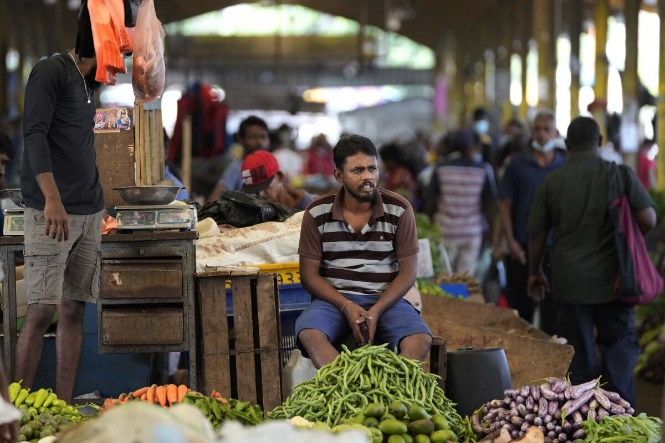
According to the report, policies must be developed through social dialogue to counter the labour market downturn. The focus should not only be on inflation but also on employment, enterprises, and poverty as a whole. As the report points out, excessive policy tightening may cause “undue damage to jobs and incomes both in advanced and developing countries.”


